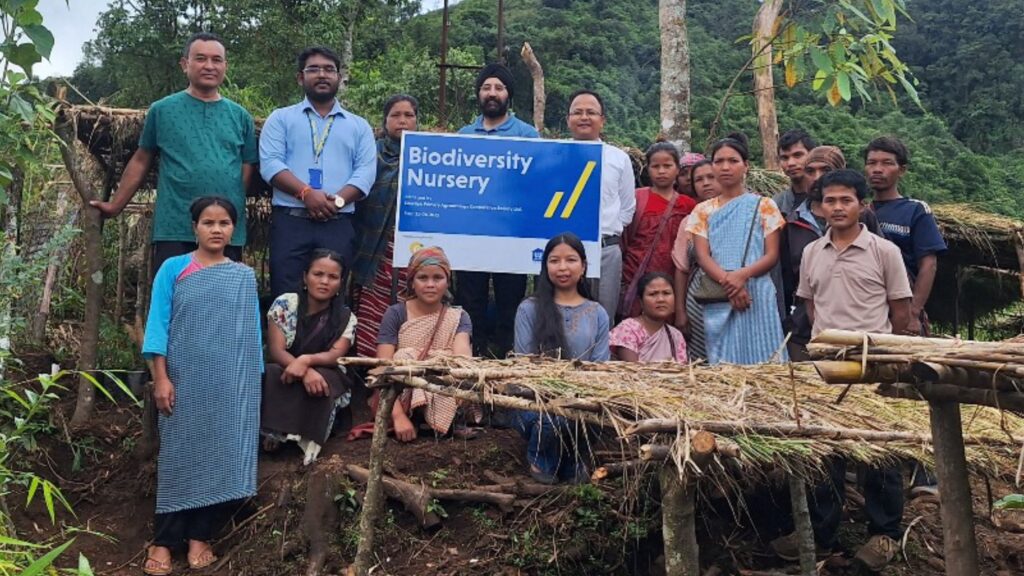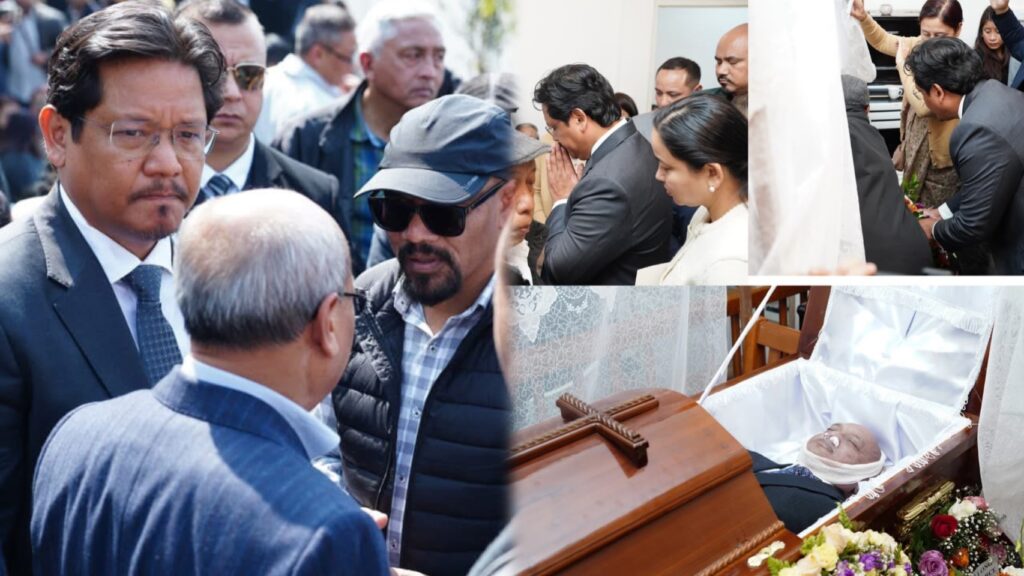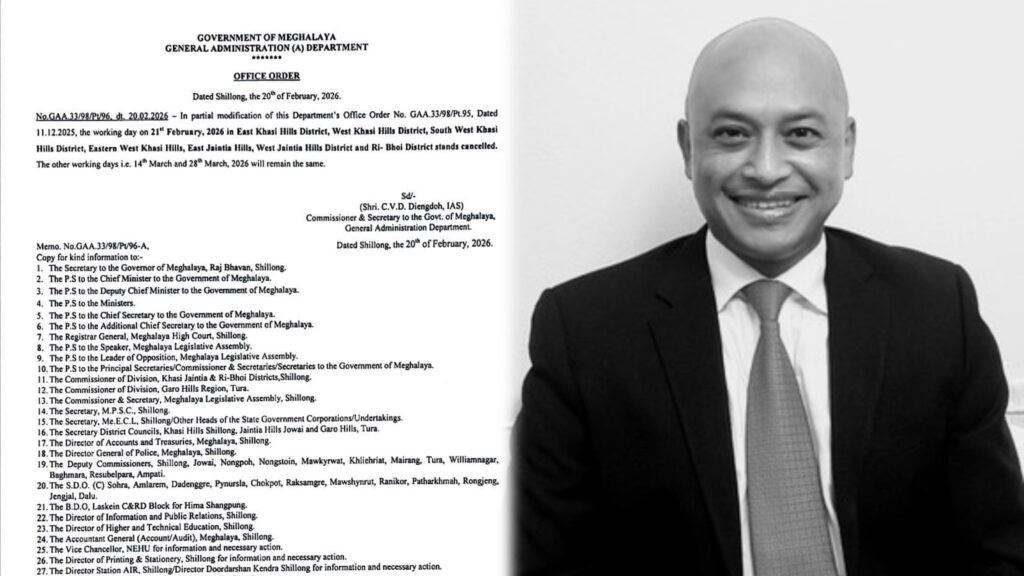Shillong, July 18 : Dewlieh Primary Agroecology Cooperative Society gets new Biodiversity Nursery under the LIC-HFL Special Project of North East Society for Agroecology Support (NESFAS). The nursery was launch on 17th of July 2025 by the NESFAS team and Mr Abhinav Das, CSR Regional Lead North East (NE) from LIC Housing Finance Limited.
The Biodiversity Nursery Project is part of the ongoing LIC-HFL Special Project of NESFAS that aims to scale out successful community-based livelihood initiatives through training, improving access to resources and creating market linkages with a special emphasis on youth, women and small marginal farmers.
In his welcome speech, Shaiphar Dohling, Community Consultant for Field Supervision and Facilitation, informed the gathering that the nursery is being managed by the Dewlieh Primary Agroecology Cooperative Society and that the nursery has come about as a continuation after working with FAO and NESFAS on the biocentric restoration effort from 2021 and 2023.
“We acquired some saplings from the forest and we have also done some stem cutting for generating more saplings,” Dohling said, adding, “There are over 14 native plant and tree species and over 15,000 saplings in this nursery. The journey of collecting and taking care of the saplings started on the 21st of June this year and I’m thankful to those whose cooperation made this possible so far.”
Dewlieh is a small community located in the lush valleys of Khatarshnong Laitkroh, Sohra Sub Division, East Khasi Hills District. It lies in a fragile ecological zone facing mounting pressure from land-use changes. Rapid expansion of broom grass (Thysanolaena maxima) cultivation and extractive livelihood activities had contributed to significant biodiversity loss in the area. Since 2014, NESFAS has been working with the community focusing on strengthening Indigenous food systems and promoting biodiversity.
In 2021 and 2023, NESFAS, with support from FAO undertook the biocentric restoration efforts at Dewlieh with focus on locally valued species such as Erythrina indica and Exbucklandia populnea and saw a staggering 95% survival rate after plantation. This high success rate is attributed to the use of native plant species rather than using fast-growing non-native species of plants/trees. As such, the biodiversity nursery was launched under the NESFAS’ LIC-HFL Special Project reflecting on the outcomes of past restoration efforts and emerging ecological challenges.








